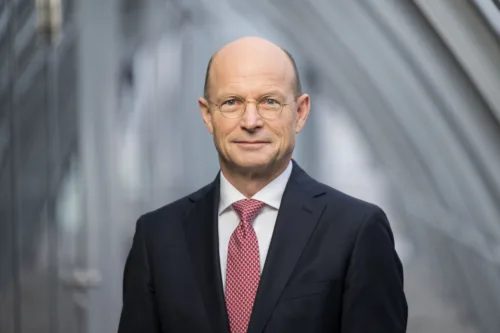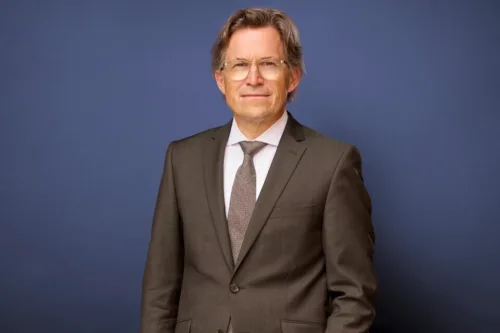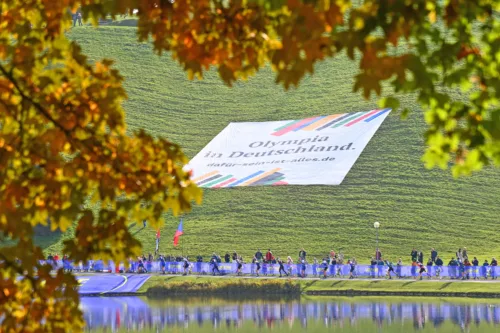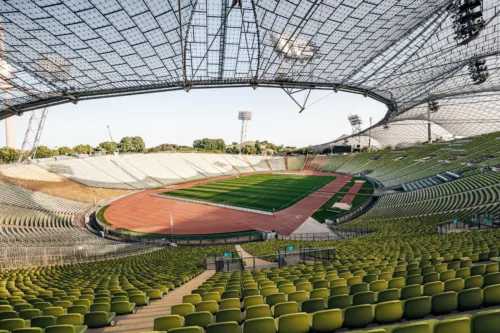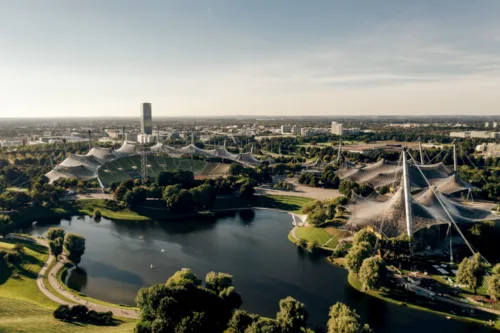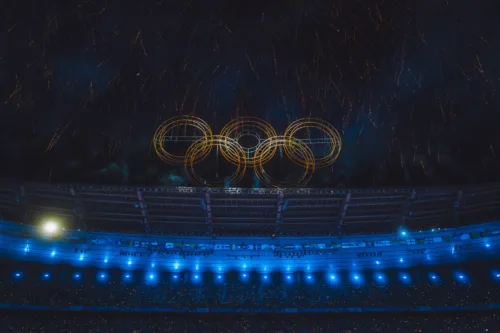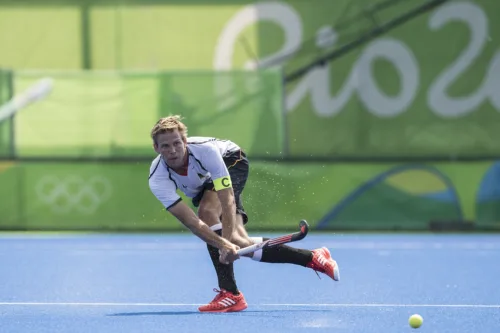Four Concepts for Germany
The flame for the Olympic and Paralympic Games in Germany has been reignited.
With impressive support from politicians, including state premiers from eight of the 16 federal states and numerous mayors, the four applicant cities and regions—Berlin, Hamburg, Munich, and Rhein-Ruhr—have submitted their preliminary concepts for hosting the Olympic and Paralympic Games to the German Olympic Sports Confederation (DOSB) by the deadline of May 31.

DOSB President Thomas Weikert commended the efforts of all involved: "We express our sincere thanks to all four applicants for submitting their concepts and for the time and care invested." The strong interest is unsurprising. "It is the interim result of a broadly supported strategic process that the DOSB has shaped over two years with cities, states, and the federal government. It is also a direct result of the IOC's reforms. Thanks to Agenda 2020 and subsequent reforms, the Games have become much more attractive to potential hosts." The Agenda 2020, designed by the IOC in 2014, aimed to sharpen the role of sports in society and the Olympic values through 40 detailed recommendations. Key points included strengthening athletes, sustainability, credibility, and youth engagement. The Olympic Agenda 2020+5 is the strategic continuation of the Olympic Agenda 2020.
With Berlin, Hamburg, Munich, and Cologne as part of the Rhein-Ruhr concept, the four most populous cities in Germany are bidding to host the Olympic and Paralympic Games between 2036 and 2044.
"This impressively demonstrates the national significance of a bid and the Olympic movement in Germany and is a sign for us that the societal value of major sporting events is increasingly recognized. The societal opportunities of a bid for the entire country were highlighted at all four potential locations."
– Thomas Weikert
A DOSB delegation, including board member and IOC member Michael Mronz and Volker Bouffier, board member with special tasks, traveled to the four applicant cities and regions this week to personally receive the concepts. The appointments were accompanied by high-ranking political representatives from the applicants.
In Berlin, on May 27 at the Olympic Stadium, state premiers Dietmar Woidke (SPD/Brandenburg), Manuela Schwesig (SPD/Mecklenburg-Vorpommern), and Daniel Günther (CDU/Schleswig-Holstein), as well as Saxony's Interior Minister Armin Schuster (CDU), were present. Kai Wegner (CDU), Governing Mayor of Berlin, said: "The Olympic and Paralympic Games are a great opportunity for Berlin, for Germany, and for all of us. We want to bring together athletes from around the world and thus set a sign for peace, solidarity, and freedom."
North Rhine-Westphalia presented its plans on May 28 at the German Sport & Olympic Museum in Cologne. State Premier Hendrik Wüst (CDU) said: "For us, the athletes are at the center. We want to celebrate a great festival with them and the people in our country. With unprecedented spectator numbers, spectacular sports venues, supported by a sports-loving population."
Hamburg, which relies on strong cooperation with Schleswig-Holstein and whose state premier Daniel Günther supported the bid, invited attendees to the Green Bunker, the new tourist hotspot in the city center, on the morning of May 31. First Mayor Peter Tschentscher (SPD) said: "Hamburg is a sports-loving Active City and offers the best conditions for hosting modern and sustainable Games. I am sure our city can set a great sign of diversity and openness, for peace, democracy, and freedom."
Munich, which had already presented its plans on May 20 and welcomed the DOSB delegation for the submission of documents on the evening of May 31 at the Olympic Park, can count on strong support from Bavaria's State Premier Markus Söder (CSU): "Bavaria backs Munich's bid, we consider it excellent. We will not embarrass Germany—on the contrary. We will present a good image and gain much honor," he said.
Until September, the DOSB will further develop the concepts in collaboration with the local authorities and examine the fulfillment of the operational minimum requirements and the plausibility of the concepts. The criteria catalog for this evaluation can be viewed here. The concepts that meet the requirements will be presented at the DOSB General Assembly on December 6, 2025, in Frankfurt am Main.
In the second stage, the applicants will have the opportunity to conduct a referendum by the end of June 2026 to gather societal support for the bid. This is not explicitly required by the International Olympic Committee or the DOSB. Munich has announced a public vote for October 26, while Hamburg plans to hold one in spring 2026. In NRW, a public participation process is also planned for spring 2026, although the form still needs to be clarified with the participating cities. Berlin's government has also announced the involvement of the population.
In the third stage, a final evaluation will be conducted using a yet-to-be-developed assessment matrix. In the fall of 2026, an extraordinary DOSB General Assembly will vote on the German candidate. DOSB President Weikert stated: "We are convinced that this selection process will not only find the best concept for Germany but also one with which we can win in international competition. The development of competition between the applicants is absolutely legitimate in the spirit of sports. We are very pleased to have four high-quality concepts to choose from. This shows the enduring appeal of the Olympic and Paralympic Games. We want to prepare Germany for the challenges of the future and have now embarked on a promising path."

